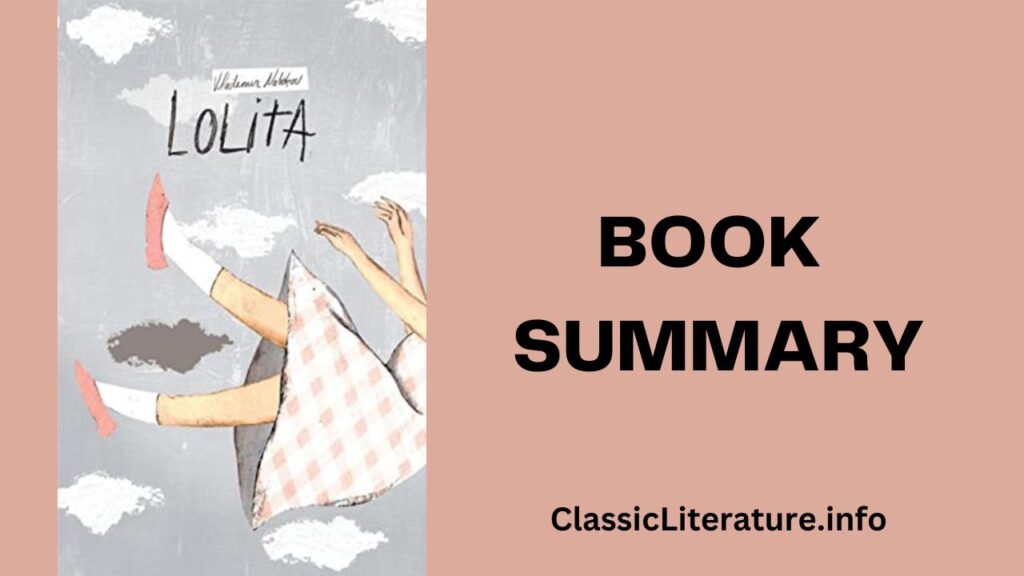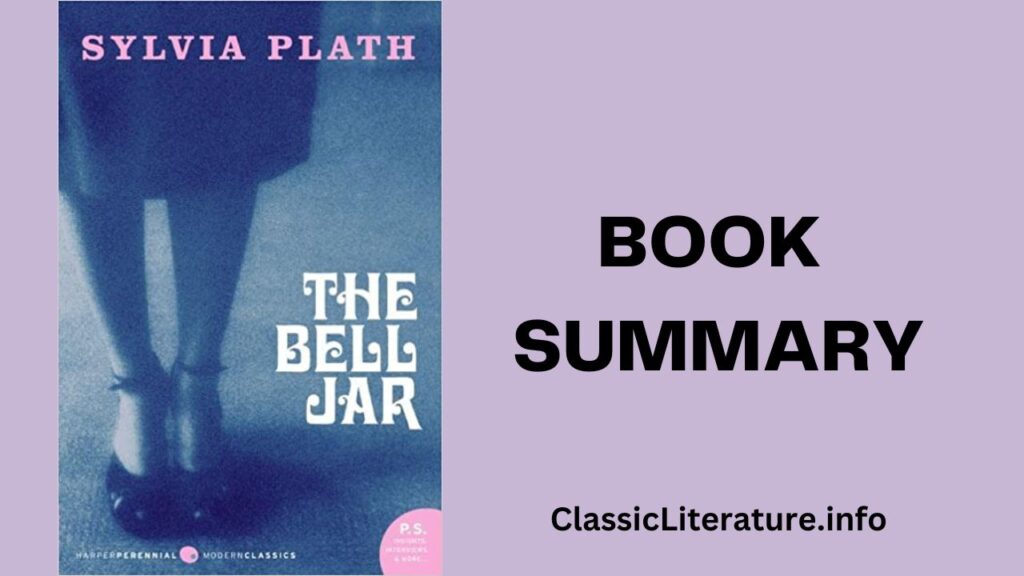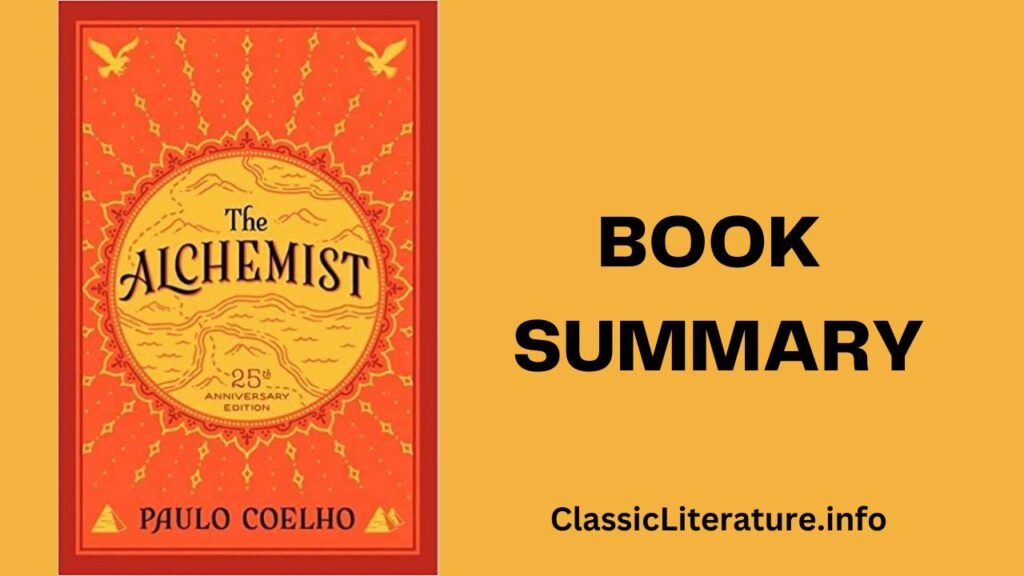
“Lolita” by Vladimir Nabokov: A Controversial Exploration of Love, Obsession, and Morality
“Lolita” by Vladimir Nabokov is a controversial and critically acclaimed novel that explores the complex themes of love, obsession, and morality. First published in 1955, the book is narrated by Humbert Humbert, a middle-aged literature professor who becomes infatuated with Dolores Haze, a 12-year-old girl whom he nicknames Lolita. The story follows Humbert’s tumultuous and illicit relationship with Lolita as they embark on a cross-country journey.
The main plot revolves around Humbert’s disturbing and morally reprehensible pursuit of his forbidden desire for Lolita. Nabokov’s intricate and eloquent writing style, filled with intricate wordplay, poetic descriptions, and literary allusions, adds layers of complexity to the narrative. The novel delves into the depths of Humbert’s psyche, revealing the depths of his obsession, rationalizations, and inner conflicts.
As the story unfolds, the reader is confronted with a morally challenging and emotionally charged narrative. Nabokov’s ability to humanize Humbert, despite his despicable actions, forces the reader to grapple with their own moral judgments and confront uncomfortable truths about the darker aspects of human nature.
Here are some notable quotes from “Lolita” that demonstrate Nabokov’s evocative writing and the thought-provoking themes explored in the book:
- “Lolita, light of my life, fire of my loins. My sin, my soul.” This opening line captures the intense and conflicted emotions that Humbert feels towards Lolita, setting the tone for the complex relationship at the center of the novel.
- “I was in love with a memory. I was in love with my own ruin.” This quote encapsulates Humbert’s realization of the destructive nature of his obsession and the consequences it has on both himself and Lolita.
- “It was love at first sight, at last sight, at ever and ever sight.” This quote highlights the intensity of Humbert’s infatuation and his inability to let go of his fixation on Lolita.
Get Paperback or Kindle version of the book <–
“Lolita” is a must-read for those who appreciate literary works that challenge societal norms and delve into the darkest corners of human psychology. Nabokov’s writing style is characterized by its richness, precision, and intricate wordplay. He masterfully weaves together dark humor, lyrical prose, and psychological depth, creating a narrative that both captivates and disturbs.
Now, let’s explore what real readers have to say about “Lolita”:
Review by Sarah:
“Nabokov’s ‘Lolita’ is a masterful exploration of the complexities of desire and morality. While the subject matter is undeniably controversial, the novel’s brilliance lies in its ability to provoke thought and challenge our preconceived notions about love, power, and the human psyche. Nabokov’s exquisite prose and complex characterization make ‘Lolita’ a timeless literary masterpiece.”
Review by Mark:
“I found ‘Lolita’ to be a deeply unsettling and disturbing read. Nabokov’s writing is undoubtedly masterful, but I struggled with the subject matter and the morally reprehensible actions of the protagonist. The book forces readers to confront uncomfortable truths about human nature, and it is certainly not for the faint of heart. However, I can appreciate its literary merits and the profound impact it has had on literature.”
Review by Emily:
“‘Lolita’ is a thought-provoking and emotionally challenging novel that delves into the complexities of desire, power, and manipulation. Nabokov’s writing style is both beautiful and haunting, capturing the essence of Humbert’s obsession with disturbing precision. It’s a book that pushes boundaries and sparks important conversations about morality and the nature of love.”
In conclusion, “Lolita” by Vladimir Nabokov is a literary masterpiece that pushes the boundaries of storytelling. Its evocative writing style, provocative themes, and morally complex characters make it a must-read for those who appreciate thought-provoking literature. However, due to its sensitive subject matter and morally challenging narrative, it may not be suitable for all readers. “Lolita” remains a significant work that continues to provoke debate and analysis.
About the Author:
Vladimir Nabokov (1899-1977) was a Russian-American novelist, poet, and critic. Born in Russia, Nabokov later immigrated to the United States and became one of the most celebrated writers of the 20th century. He is known for his linguistic virtuosity, intricate narratives, and exploration of controversial themes. Nabokov’s works often challenge readers’ perceptions and push the boundaries of literary conventions. His contributions to literature have solidified his place as a literary icon.





